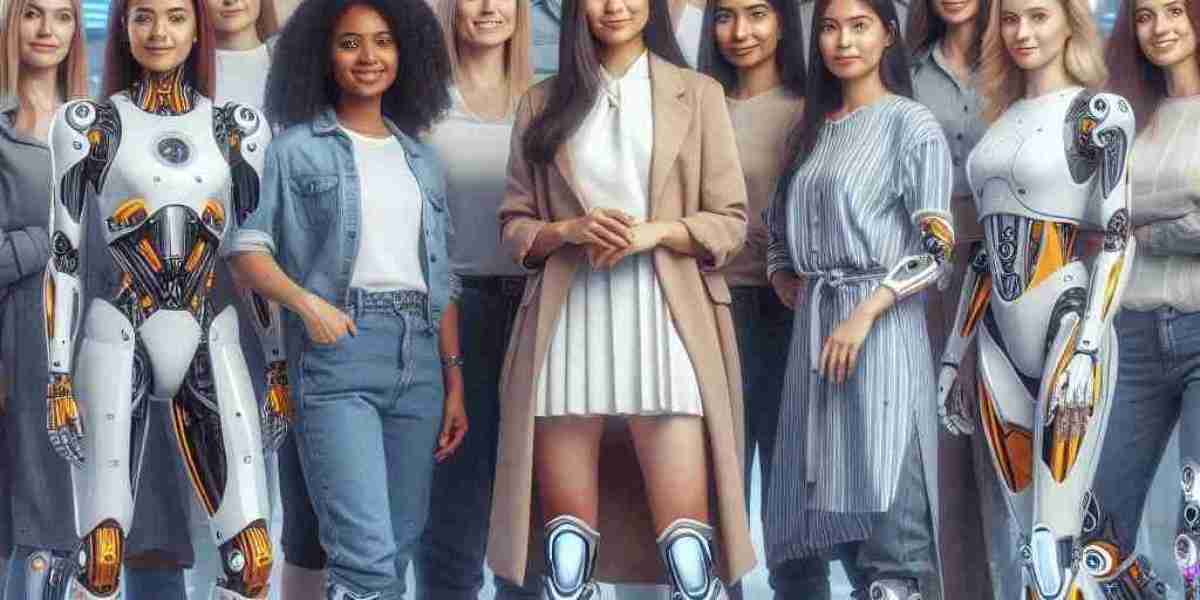Artificial Intelligence (AI) has transitioned from the realms of science fiction to an integral part of our everyday lives. From voice assistants like Siri and Alexa to sophisticated algorithms driving autonomous vehicles, AI is revolutionizing industries and enhancing the quality of life. In this blog, we will delve into the various facets of AI, exploring its capabilities, current applications, and the ethical considerations that come with its rapid advancement.
What is Artificial Intelligence?
At its core, Artificial Intelligence is the simulation of human intelligence processes by machines, particularly computer systems. These processes include learning (the acquisition of information and rules for using it), reasoning (using rules to reach approximate or definite conclusions), and self-correction. Key AI technologies include machine learning, natural language processing, robotics, and neural networks.
The Evolution of AI
AI's journey began in the 1950s with pioneers like Alan Turing and John McCarthy laying the groundwork. Early AI focused on problem-solving and symbolic methods, but progress was slow due to limited computational power and data. The advent of the internet, big data, and advancements in computing power in the 21st century catalyzed a renaissance in AI research and applications.
Current Applications of AI
AI is ubiquitous in modern society, influencing a wide array of industries:
- Healthcare: AI algorithms are transforming healthcare with predictive analytics, personalized treatment plans, and diagnostic accuracy. For example, AI-driven radiology tools can detect anomalies in medical images with greater precision than human radiologists.
- Finance: AI is optimizing financial services through fraud detection, risk management, algorithmic trading, and personalized customer experiences. AI chatbots and virtual assistants provide 24/7 customer support and financial advice.
- Transportation: Autonomous vehicles are a testament to AI’s potential in revolutionizing transportation. Companies like Tesla, Waymo, and Uber are at the forefront, developing self-driving cars that promise to reduce accidents and traffic congestion.
- Retail: AI enhances the retail experience through personalized recommendations, inventory management, and customer service automation. E-commerce giants like Amazon use AI to predict customer preferences and optimize supply chains.
- Entertainment: Streaming services like Netflix and Spotify leverage AI to curate personalized content, enhancing user experience and engagement. AI also plays a role in content creation, from music composition to scriptwriting.
The Future of AI
The potential of AI is vast, with ongoing research pushing the boundaries of what is possible:
- General AI: Unlike narrow AI, which excels at specific tasks, general AI aims to replicate human cognitive abilities. Achieving general AI remains a significant challenge, but progress is being made in developing systems that can perform a wide range of tasks.
- AI in Science and Research: AI is accelerating scientific discovery by analyzing vast datasets and identifying patterns that elude human researchers. From drug discovery to climate modeling, AI is providing invaluable insights.
- Human-AI Collaboration: Future AI systems will augment human capabilities rather than replace them. Collaborative robots (cobots) and AI-driven decision support systems will enhance productivity and creativity in various fields.
Ethical Considerations and Challenges
The rapid advancement of AI brings with it a host of ethical and societal challenges:
- Bias and Fairness: AI systems can perpetuate and even amplify societal biases present in training data. Ensuring fairness and transparency in AI decision-making is crucial.
- Privacy: The use of AI in surveillance and data analysis raises concerns about privacy and the potential for misuse. Balancing innovation with privacy protection is a key challenge.
- Job Displacement: Automation driven by AI threatens to displace jobs in various sectors. Preparing the workforce for the AI-driven economy through reskilling and education is essential.
- Autonomous Weapons: The development of AI-powered weapons poses significant ethical and security risks. International regulations and agreements are necessary to prevent misuse.
Conclusion
Artificial Intelligence is not just a technological advancement; it is a transformative force that is reshaping our world. As we harness the power of AI to solve complex problems and improve lives, it is imperative to address the ethical and societal challenges it presents. By fostering a collaborative approach that involves policymakers, researchers, and the public, we can ensure that AI serves the greater good and paves the way for a brighter future.








